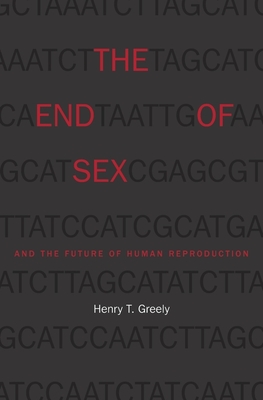Expedite your nonfiction book discovery process with Readara interviews, summaries and recommendations, Broaden your knowledge and gain insights from leading experts and scholars
In-depth, hour-long interviews with notable nonfiction authors, Gain new perspectives and ideas from the writer’s expertise and research, Valuable resource for readers and researchers
Optimize your book discovery process, Four-to eight-page summaries prepared by subject matter experts, Quickly review the book’s central messages and range of content
Books are handpicked covering a wide range of important categories and topics, Selected authors are subject experts, field professionals, or distinguished academics
Our editorial team includes books offering insights, unique views and researched-narratives in categories, Trade shows and book fairs, Book signings and in person author talks,Webinars and online events
Connect with editors and designers,Discover PR & marketing services providers, Source printers and related service providers

The End of Sex and the Future of Human Reproduction
Medical > Reproductive Medicine & Technology
- Harvard University Press
- Paperback
- 9780674984011
- 9.2 X 6 X 1.1 inches
- 1.2 pounds
- Medical > Reproductive Medicine & Technology
- (Single Author) Asian American
- English
Readara.com
Book Description
Will the future confront us with human GMOs? Greely provocatively declares yes, and, while clearly explaining the science, spells out the ethical, political, and practical ramifications.--Paul Berg, Nobel Laureate and recipient of the National Medal of Science
Within twenty, maybe forty, years most people in developed countries will stop having sex for the purpose of reproduction. Instead, prospective parents will be told as much as they wish to know about the genetic makeup of dozens of embryos, and they will pick one or two for implantation, gestation, and birth. And it will be safe, lawful, and free. In this work of prophetic scholarship, Henry T. Greely explains the revolutionary biological technologies that make this future a seeming inevitability and sets out the deep ethical and legal challenges humanity faces as a result.
Readers looking for a more in-depth analysis of human genome modifications and reproductive technologies and their legal and ethical implications should strongly consider picking up Greely's The End of Sex and the Future of Human Reproduction... [It has] the potential to empower readers to make informed decisions about the implementation of advancements in genetics technologies.
--Dov Greenbaum, Science
[Greely] provides an extraordinarily sophisticated analysis of the practical, political, legal, and ethical implications of the new world of human reproduction. His book is a model of highly informed, rigorous, thought-provoking speculation about an immensely important topic.
--Glenn C. Altschuler, Psychology Today
Author Bio
Henry T. (Hank) Greely (BA ’74) specializes in the ethical, legal, and social implications of new biomedical technologies, particularly those related to genetics, assisted reproduction, neuroscience, or stem cell research.
He is a founder and immediate past president of the International Neuroethics Society; a member of the Multi-Council Working Group of the NIH’s BRAIN Initiative, whose Neuroethics Working Group he co-chairs; chair of the Ethical, Legal, and Social Issues Committee of the Earth BioGenome Project; and chair of California’s Human Stem Cell Research Advisory Committee.
He served as a member of the Committee on Science, Technology, and Law of the National Academies from 2013-2019; Neuroscience Forum of the Institute of Medicine from 2012-2019; as a member of the Advisory Council of the NIH’s National Institute for General Medical Sciences from 2013-2016; and from 2007-2010 as co-director of the Law and Neuroscience Project, funded by the MacArthur Foundation. Professor Greely chairs the steering committee for the Stanford Center for Biomedical Ethics and directs both the law school’s Center for Law and the Biosciences and the Stanford Program in Neuroscience and Society.
Greely is also a professor (by courtesy) of genetics at Stanford School of Medicine. In 2007 Professor Greely was elected a fellow of the American Association for the Advancement of Science, received Stanford University’s Richard W. Lyman Award in 2013, and the Stanford Prize in Population Genetics and Society in 2017. He published The End of Sex and the Future of Human Reproduction in 2016. His next book, CRISPR People: The Science and Ethics of Editing Humans, will be published in February 2021.
Before joining the Stanford Law School faculty in 1985, Greely was a partner at Tuttle & Taylor, served as a staff assistant to the secretary of the U.S. Department of Energy, and as special assistant to the general counsel of the U.S. Department of Defense. He served as a law clerk to Justice Potter Stewart of the U.S. Supreme Court and to Judge John Minor Wisdom of the Court of Appeals for the Fifth Circuit.
- Education
BA Stanford University 1974
JD Yale Law School 1977
Source: Stanford University
Videos
No Videos
Community reviews
No Community reviews

